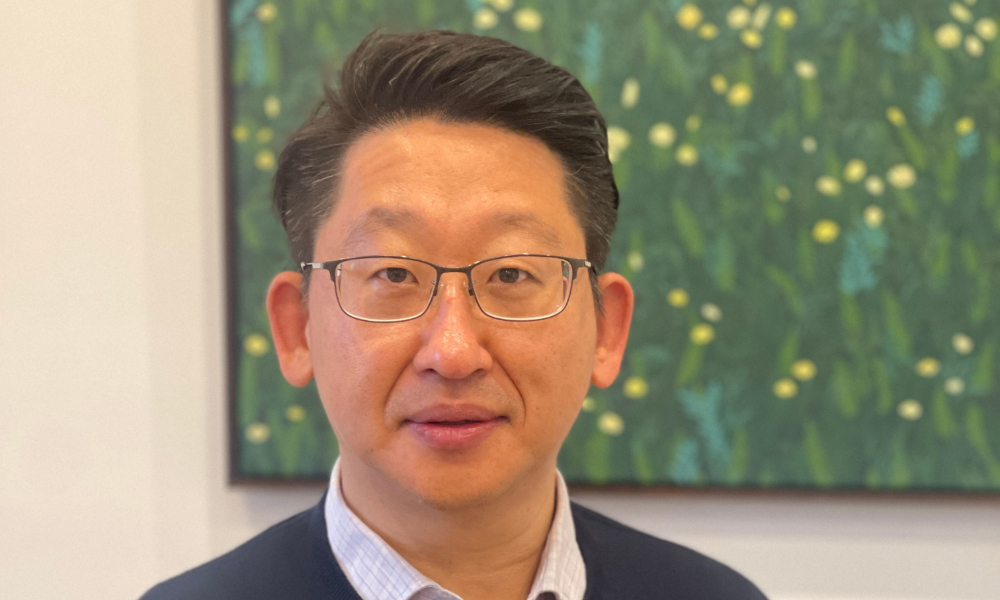
'There is no strong evidence that older workers are worse at using technology at work, but there is evidence they need more time to learn new things'

With the AI revolution fully underway, what does that mean for older and midcareer workers?
That’s a question addressed by a recent report from Generation, a global nonprofit network that supports people to achieve economic mobility and a better life.
It found that 32% of U.S. employers would “likely” consider candidates over age 60 for roles regularly using artificial intelligence tools, versus 90% who would likely consider candidates under age 35.
Europe was very similar – with 33% likely to consider older candidates for such roles compared to 86% likely to consider the younger group.
Generation surveyed 2,610 people age 45+ who work in entry- and mid-level roles and 1,488 hiring managers in France, Ireland, Spain, the United Kingdom, and the United States.
“HR managers, and even CEOs, have bias against older workers because of concerns about resilience and flexibility, because of their inability to adapt to a new environment – but they are misconceptions,” said Daejeong Choi, University of Melbourne associate professor in human resources management.
It’s true that the older people may be slower with the learning process, but Choi said there is no solid evidence that older workers are less likely to adapt to a new environment.
Choi offers some refresher points about the human resources function.
“HR is not just about hiring or selection; it’s about training and support and development. If you think the older workers take more time to learn something, then you can still provide support for their working condition by modifying or improving work contexts and assignments in a way that can facilitate learning.”
The technology exists to channel workers through learning programs, he said.
“But people just think about hiring… [and] then don’t take any responsibility to develop employees after hiring.”
Older workers have proven themselves to be flexible and able to adapt to new technology in decades past. They also have learned on the job. Younger workers who are adept at tech thanks to hours spent gaming, programming or partaking in the online world may not necessarily be good at using technology at work, Choi said.
“Many employers overlook their obligation to translate ready-made technology to work – ready for their own situation, own culture, own system – so that employees can learn to adapt and to use the available technology customised to perform their job.”
Employers should understand that a younger cohort’s exposure to technology is not proof of ability to work with it, Choi said.
“There is no strong evidence that older workers are worse at using technology at work, but there is evidence they need more time to learn new things.”
To not support and develop the workers you already have is a “missed opportunity”, he said.
However, the report by Generation — Age-Proofing AI: Enabling an intergenerational workforce to benefit from AI — showed there are plenty of older workers who do not want to upgrade their skills. A third of over-45s in the US sample said they are not interested in learning AI; in Europe (the UK, France, Ireland and Spain), 17% are not interested.
“That’s a huge problem,” said Choi. “Employees are becoming less and less interested in spending on training. If I am interested in learning AI, and I have to pay to learn – no, I won’t do it. If my company provides money or time to learn, then I would. That’s the big difference. In my experience, if companies support employees, then yes, they are interested.”
In the event of a downturn in hiring, as anticipated in the survey, Choi said it is a “possible assumption” recruiters would stick even more determinedly to their biases.
Many employers are talking about AI, but they are not sure what’s in store.
“Uncertainty is the most critical factor that many CEOs hate,” he said. “They don’t know what to do, so they are fearful about what’s going to happen.”
Without a clear idea of how AI will affect them, boards worry, Choi said. “They are consistently seeking information about what’s going to happen, but nobody can provide a guaranteed answer.”
Choi’s advice is to stop worrying about AI.
“Given the available information, [a company] should make its best decision about how to utilize it. The mindset should be to use the opportunity and decide how to respond. Then [a company] will know what kind of people they need.”